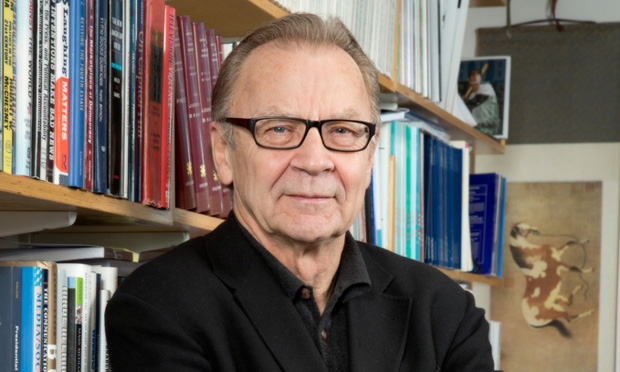The research director of Journalist’s Resource, Thomas E. Patterson, is the Bradlee Professor of Government and the Press at the Harvard Kennedy School’s Shorenstein Center on Media, Politics and Public Policy. Known for his earlier books The Vanishing Voter and Out of Order, Prof. Patterson is the author of the book Informing the News: The Need for Knowledge-Based Journalism.
As part of the development of both this project and the book, Prof. Patterson has been examining and theorizing the need for “knowledge-based journalism”: A conceptual reorientation of the way media members frame issues and conduct the information-gathering process. This would mean a fundamental shift, he says, toward bodies of systematic knowledge generated within universities and non-partisan research organizations, as well as the empirical data synthesized by government and other institutions. This is not a call for dry policy stories, he says, but a shift in the way the press should contextualize partisan claims and ground anecdotes in wider intellectual frameworks and research findings.
These ideas spring in part from the Carnegie-Knight Initiative on the Future of Journalism Education, which has implemented curriculum reforms at many journalism schools with the hope of retraining the press to face a changing society. For journalists, this means an emphasis on both increased technological skill and greater policy understanding.
The following are a series of conversations with Prof. Patterson about the future of the press and its role in American democracy — and the world.
“Refocusing the press on knowledge”
“Media problems and the public interest”
“The Internet, globalization and the media future”
Keywords: training, research chat


Expert Commentary